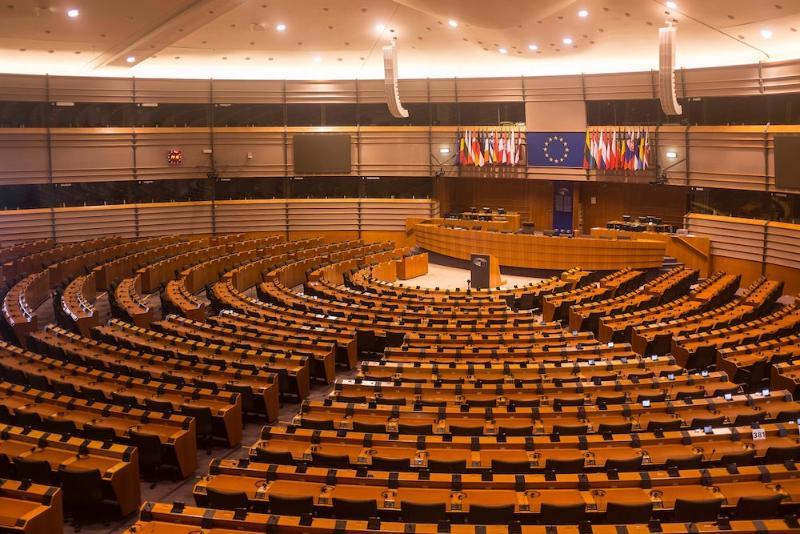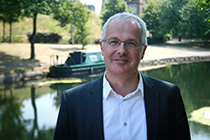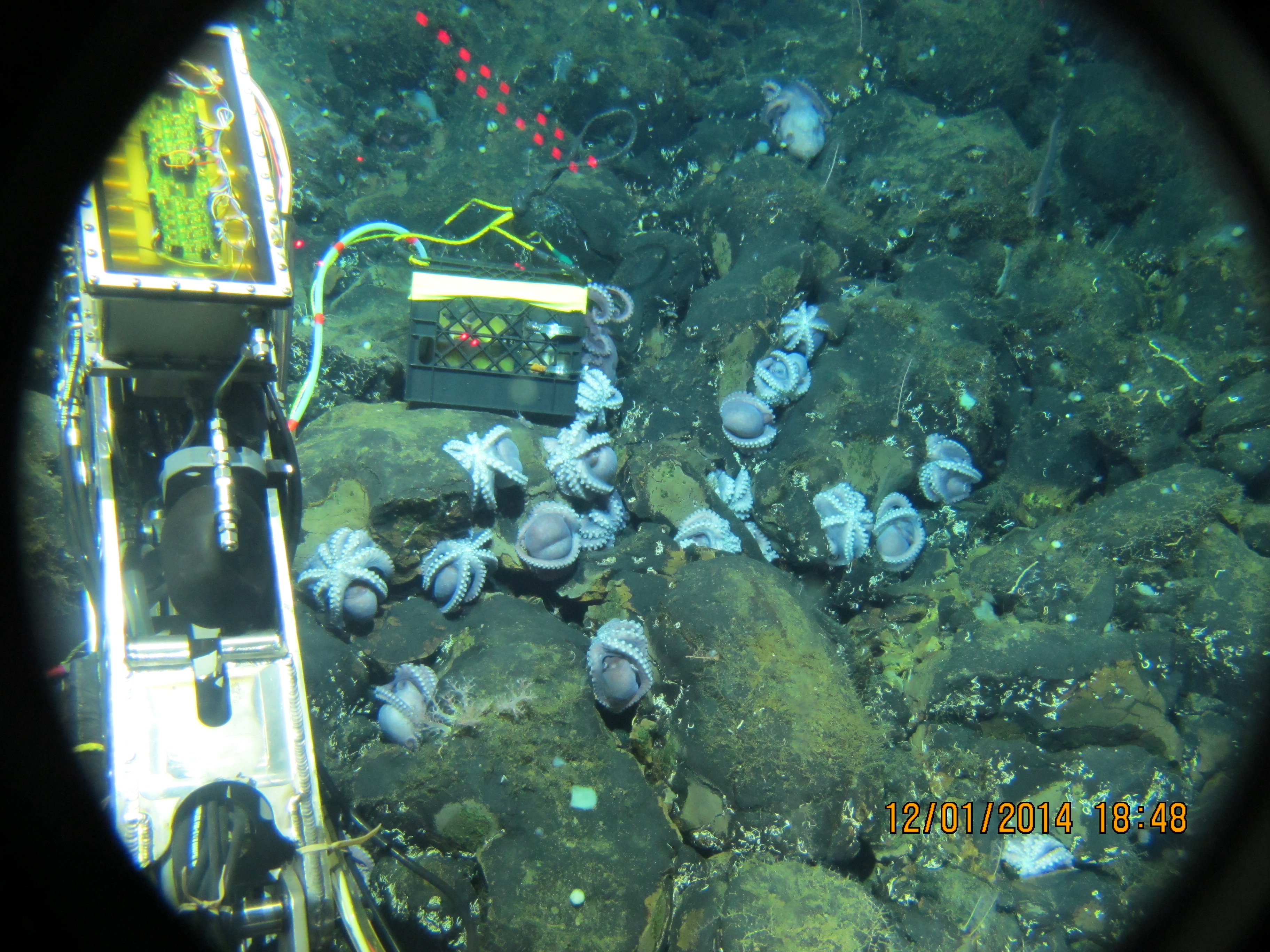Protecting the rights of workers under EU free trade agreements

In collaboration with
Since 2011, Free Trade Agreements within the EU were required to protect the rights of workers and include “European values”. But how does this work in practice? Are workers covered by these agreements truly protected? And if not, what can be done to rectify this?
Between September 2015 and December 2017, Professor Adrian Smith led an interdisciplinary team of researchers at Queen Mary University of London and the University of Warwick in an investigation of the negotiation, implementation and effectiveness of Trade and Sustainable Development (TSD) chapters. This work was funded by the Economic and Social Research Council.
The principle behind the EU’s approach is that international trade should go hand-in-hand with better environmental standards and working conditions.
Insights from the research
The research outputs Professor Smith and his colleagues produced revealed two main insights.
First, the institutional structures established by the EU’s TSD framework have some significant limitations:
- Trade partner governments have not prioritised labour issues when they implement trade agreements with the EU
- EU trade officials don’t always fully understand labour relations in trade partner countries
- While there are mechanisms to monitor the provisions and labour standards in trade agreements, these are hampered by unclear aims, inadequate resourcing and limited influence
- Monitoring mechanisms, centred on civil society groups, are weak
- The dispute settlement process for the TSD chapter is the sole element of EU FTAs that does not have regulatory ‘teeth’.
Second, the EU’s labour provisions rely on International Labour Organization (ILO) core labour standards regarding freedom of association, child labour and forced labour. The research shows that, while these have to be recognised international labour rights, it can be difficult to apply these standards to, and they may not always be matched with, working conditions in sectors covered by the EU’s trade agreements.
Professor Smith undertook a case study on the Moldovan clothing sector. There, his work identified that many garment workers (predominantly women) work intensively at poverty-wage levels.
There are few trade unions, and the state has a limited capacity to regulate working conditions. The ILO core labour standards do not fully cover these issues. The research also showed how lead-firms in global supply chains exert commercial pressure down the supply chain and make it more difficult to improve working conditions in supplier firms.
Professor Campling undertook a study of the South Korean automotive sector. His work showed that auto workers in the lower tiers of the auto parts supply chain are paid lower and with poorer working conditions, but yet are the least well represented by formal trade unions and, in turn, the TSD framework.
His work also showed that the EU’s FTA with Korea had significant commercial effects on the profitability of the Korean auto industry, with negative effects for Korean labour. This research shows that the most important effects of the FTA on labour are outside of the TSD chapter.
The European Commission has set about trying to reform its TSD chapters to tackle the issues identified in the research. Professor Smith has provided input and research findings to inform work to revise current legislation.

New Kia cars parked outside the Kia factory in Žilina, Slovakia
What changes resulted from the research?
The research has directly informed the UK government and Labour Party trade policy. It has fed directly into the European Commission’s Trade and Sustainable Development reform agenda and informed critical debate in the European Parliament. The work Smith and his team did shaped debate and policy positions of international trade union organisations on the EU’s TSD approach and put pressure on the European Commission for reform. As a result, a new civil society network aimed at reform of EU trade policy was formed: the Domestic Advisory Groups (DAGs) for Change. Professor Smith’s research also informed a major ILO report and contributed to the development of ILO training materials.
The research also fed into the EU’s first ever triggering of dispute settlement procedures under a TSD chapter due to alleged violation of labour standards by a trade partner.
The research by Campling, Smith and collaborators provided evidence that fed into the EU triggering the TSD chapter to initiate consultations with South Korea in December 2018 and the EU’s subsequent request for the establishment of a Panel of Experts on Korea’s lack of compliance with obligations under the TSD chapter in July 2019. A Panel was subsequently established on 30 December 2019.
Schools, institutes and research centres
School of Geography
Founded in 1894, the School of Geography is one of the oldest in the UK. Throughout our history, world-class and politically engaged research has fed into our teaching.
School of Business and Management
Our vision is to promote social justice, sustainability and good governance in the management of private, public and voluntary organisations through our research and education.
Centre on Labour and Global Production
The CLGP draws upon a critical mass of researchers across different disciplinary areas at Queen Mary who are engaged in research on the changing position of workers, labour and regulation in the world economy.


